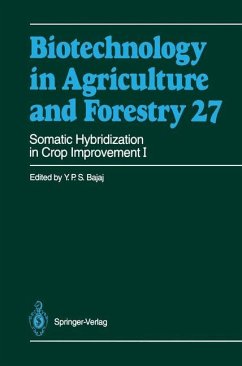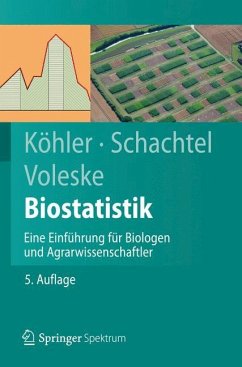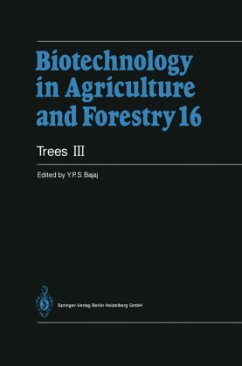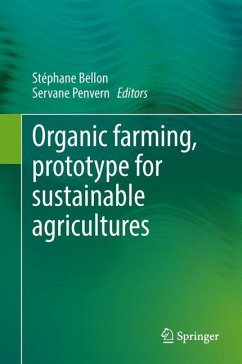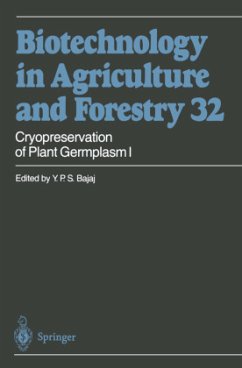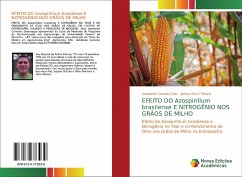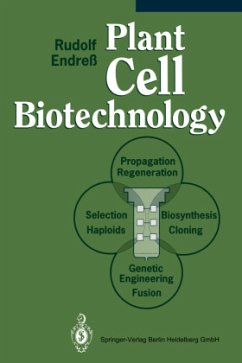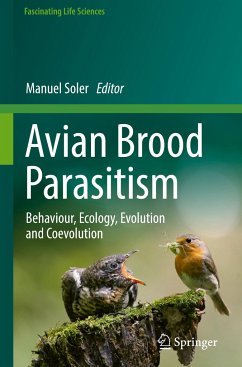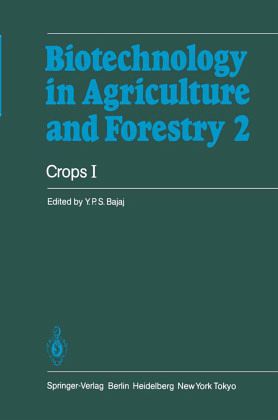
Crops I
Versandkostenfrei!
Versandfertig in 1-2 Wochen
229,99 €
inkl. MwSt.
Weitere Ausgaben:

PAYBACK Punkte
115 °P sammeln!
Production of food to meet the demands of an ever-increasing human population in the world is the major task and challenge to agriculture today. The conventional methods of plant breeding alone can no longer cope with the situation. The success of any crop improvement program depends on the extent of genetic variability in the base population, but due to denuding of forests and agricultural land, the naturally occurring pool of germplasm is being depleted. An urgent need is therefore ap parent to create new variability and increase the genetic base of agricul tural crops. Agricultural biotechn...
Production of food to meet the demands of an ever-increasing human population in the world is the major task and challenge to agriculture today. The conventional methods of plant breeding alone can no longer cope with the situation. The success of any crop improvement program depends on the extent of genetic variability in the base population, but due to denuding of forests and agricultural land, the naturally occurring pool of germplasm is being depleted. An urgent need is therefore ap parent to create new variability and increase the genetic base of agricul tural crops. Agricultural biotechnology has progressed to a stage in the produc tion of plants where specific characteristics to improve their yield, ap pearance, disease-resistance, nutritional quality and adaptation to ad verse soil conditions can be built into the seed. This concept of built-in quality implies a continuous scientific endeavour to improve plant char acters using a wide range of possibilities, and it also implies a scrutiny of the materials and methods available in the world today.



